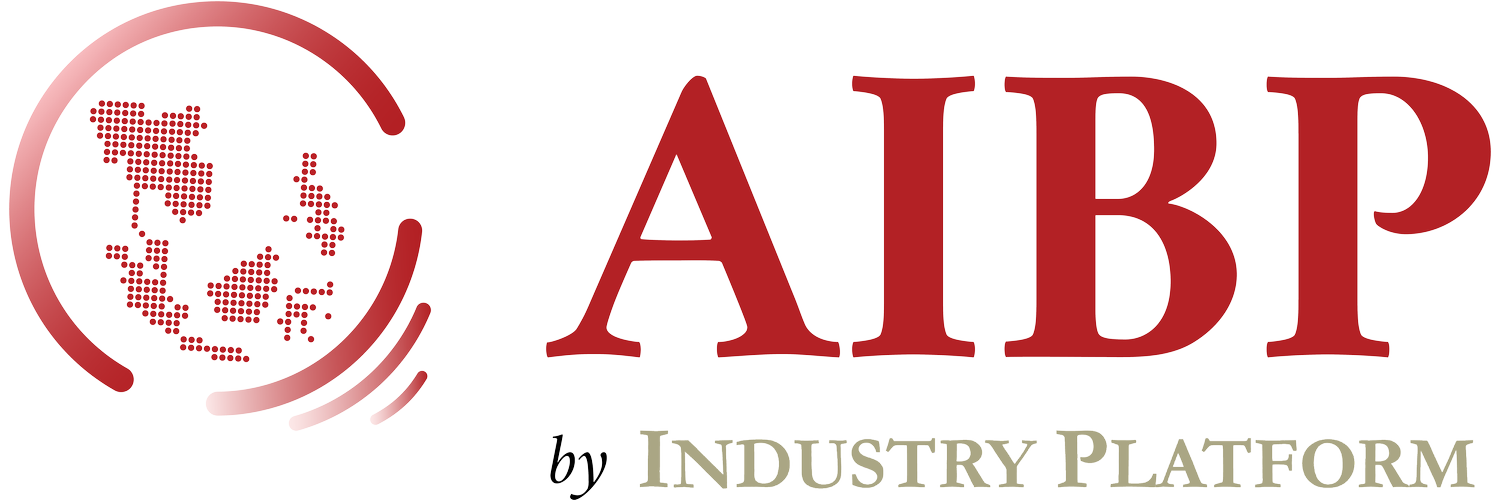Growth Opportunities for Technology in Malaysia and Thailand
AIBP Online: Growth Opportunities for Technology in Southeast Asia - Spotlight on Malaysia and Thailand
As we conclude the Dragon Lunar New Year festivities, we had the pleasure of hosting our second AIBP Online of 2024 with our valued guests: Mr. Raymond Siva, Senior Vice President, Digital Investments, Malaysia Digital Economy Corporation (MDEC), and Dr. Supakorn Siddhichai, Senior Vice President, Digital Economy Promotion Agency (depa) of Thailand. In this session, we were enlightened about the digital opportunities between the neighbouring countries of Malaysia and Thailand.
According to the Google Temasek eConomy SEA 2023 report, Thailand boasts an $80 Bn digital economy, while its neighbour Malaysia stands at $60 Bn in GMV. Both countries are ambitiously poised to grow to $350 Bn and $250 Bn , respectively, with hopes that Malaysian logistics and Thai cross-border e-commerce will spearhead GMV growth, supported by policies from both governments. Both countries aim to build their talent base and attract investments in key areas such as big data, IoT, robotics, cloud computing, web 3, cybersecurity, and blockchain to achieve the projected growth targets.
Screenshot of our Moderator and Speakers from the session
Quick comparison of Malaysia and Thailand markets
Incentives for Landing in Malaysia and Thailand
Both Thailand and Malaysia have demonstrated their receptiveness to foreign tech players through implemented policies and incentives designed to facilitate the entry of tech firms into their respective countries. In Thailand, foreign firms setting up local entities are just a step away from accessing government incentives and grants. Dr. Yai reiterates that while there is indeed a strong presence of native startups adept at navigating local markets, the government is still actively seeking international tech providers with the most competitive offerings. Malaysia streamlines this process by providing a simplified registration journey in under seven days. Firms can choose to soft-land in one of the 22 government-provided landing zones, designed as ecosystems to foster networking and business development activities. MDEC offers additional support by connecting firms with legal entities, market access agencies, and talent from Premier Digital Tech Institutions (PDTI) partners.
Need for Bolstering Cybersecurity to Supplement Consumer Protection Law
Both Malaysia and Thailand have their set of regulations that shaped the conducive environment for digital industries like e-commerce such as the electronic transactions, commercial registration, and personal data protection act . However Dr Yai mentioned that the Thai government is still working hard to protect the Thai digital consumers from malicious scams that are prevalent in the e-commerce space. Mr Raymond mentions that cybersecurity is one of MDEC’s priority tech-enabler pillars as the country is currently short of 13,000 talents to address risk management functions, let alone for threat prevention. Hence, significant opportunities await cybersecurity firms seeking to enter both markets.
Pivoting from B2C to B2B E-Commerce
E-commerce in both nations has flourished, with Thailand boasting $24 billion and Malaysia $18 billion in GMV respectively. Dr Yai mentioned that Thai retailers have progressed well on digital transformation as they have set up online channels for customers, leveraged data analytics to understand customer needs . Policies in Thailand will always be oriented towards building a conducive environment for B2B tech companies and foreign investors to thrive. Malaysia similarly has a mature e-commerce scene having 200 platforms all over the country Mr Raymond Siva reiterated that current opportunities lie in improving the B2B side of e-commerce such as supply chain solutions which still has room for improvements as B2C e-commerce have long been established and saturated. He encouraged MSMEs and tech providers to address the improvements of fulfilment, warehousing, and payment terms with digital solutions instead.
Nascent Sectors to Digitise: Agriculture
As a country employing 50% of its population in agriculture, Thailand is similarly posed the need to address the sector with digital supply chain solutions. Dr Yai highlights that there is room for technology to address efficiencies in Thai agriculture, having the first step of using logistic technology to remove Thai farmer’s need for a middleman followed by the second step of implementing relevant technologies like IoT and topographic surveying tools to increase operational efficiency of Thai agriculture. He concluded that DEPA is exerting efforts to promote the sector to startups and other tech providers who can provide better agricultural solutions, such as through the provision of ecosystems like the Thailand Digital Valley which provides testing facilities and incentives for both end users from demand side and supply side solution providers. Mr Raymond also stated agriculture as one of the priority sectors to digitise to reduce the nation’s food import bill and improve the agriculture value chain apart from tourism, trade, and services.
As close neighbours, Malaysia and Thailand boast maturity in their core digital economy sectors like e-commerce, driven by high connectivity and digital penetration in both countries. Nevertheless, both governments are actively promoting investments and endeavouring to build talent bases in more other untapped areas of technology, signalling a commitment to further diversify and strengthen their digital economies beyond existing strengths.
Tune in to the full session here.
Interested in sessions like these and would like to find out more about opportunities in ASEAN? Join us in the upcoming AIBP Online: Growth Opportunities for Technology in Southeast Asia - Spotlight on Vietnam



